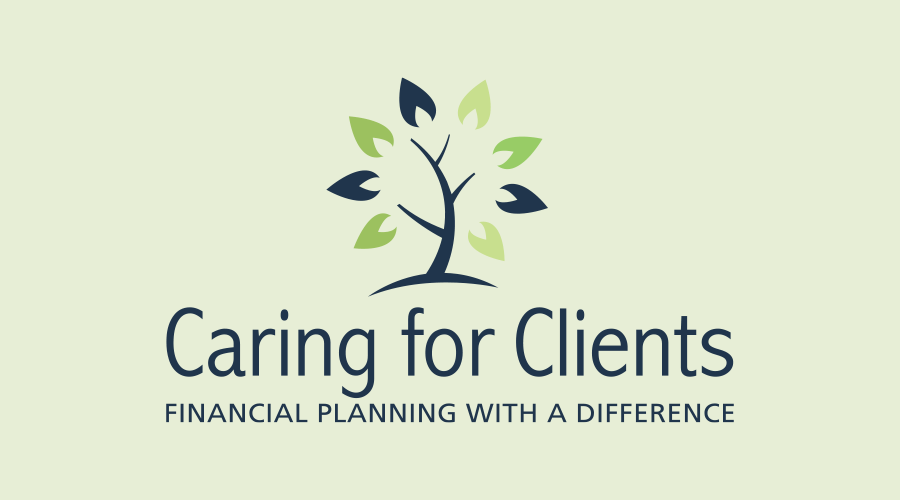For most Canadians, a mortgage is the largest debt they ever take on. Much time and attention is given to negotiating the lowest possible interest rate, but typically much less time is taken determining the optimal amortization period. This is even though the length of repayment (amortization) is directly correlated with the amount of interest paid and, therefore, the ultimate cost of your house purchase.
Here are the four most common approaches to choosing an amortization period along with potential drawbacks:
1. I select the maximum amortization in order to qualify for as large a mortgage as possible, so I can purchase my dream home.
This, of course, is one of the strategies that got many Americans into financial distress. The problem with this approach is that it leaves little room for financial hiccups such as, increasing interest rates, job loss, and unexpected expenses such as home repairs. When the “unexpected” happens, credit cards become the solution and a debt spiral begins.
2. The shortest amortization that I can afford. I can’t stand being in debt.
There is nothing wrong with this in theory…..but it lacks practical considerations. This approach also leaves little room for the financial hiccups noted above. Asking the lender to extend the amortization while you look for a new job doesn’t always go over well. You know how it goes, it’s easy getting credit when you don’t need it…
Any half decent mortgage provides the option to double up the payment, increase the payment by 10% and make principal repayments of 20% of the original mortgage every year. All of these options speed up repayment. An alternate to committing to a short amortization would be to moderate the amortization and accumulate the extra funds in a savings account. Every six to twelve months you can determine how much of the savings to apply to the mortgage. If your employer has just announced another round of layoffs, hold onto the cash.
3. I chose an equity line of credit so I can control the rate of repayment.
This is a popular approach these days. It is a lot like #1 but can be even worse since often equity lines of credit only require that the monthly interest charges are covered. This is called the “forever” amortization. A typical rationalization we hear is that it doesn’t make sense to pay down the mortgage when interest rates are so low. The reality is that it’s the best time to pay down the mortgage since the majority will go towards principal. When interest rates inevitably rise, the rate will apply to a smaller outstanding balance.
Equity lines of credit are best suited to the most financially disciplined of us. Those individuals benefit from the additional flexibility of an equity line of credit without the risk of still being indebted when reaching retirement age.
4. I chose what lender recommended.
This is hit and miss. The suitability of the recommendation depends on the experience, ethics and integrity of the lender. Even the best, most trustworthy lenders base their recommendation on fairly limited information about the client. Lenders typically gather asset/liability and income details in order to determine affordability and credit worthiness. They don’t always know about the complete financial life of the client, which if they did, might lead them to an alternate recommendation.
So, how do you choose the mortgage that is right for you?
The options should be considered in light of your overall financial plan.
We give very specific recommendations to our clients regarding the maximum amount of debt they should consider as well as the optimal structure of the mortgage. The advice takes into consideration the client’s entire financial reality, their many goals, and risks and opportunities they may not be aware of. Armed with the advice they can negotiate with their lender with much more confidence and power.
What’s your amortization and is it optimal for you?
This information is of a general nature and should not be considered professional advice. Its accuracy or completeness is not guaranteed and Queensbury Strategies Inc. assumes no responsibility or liability.

